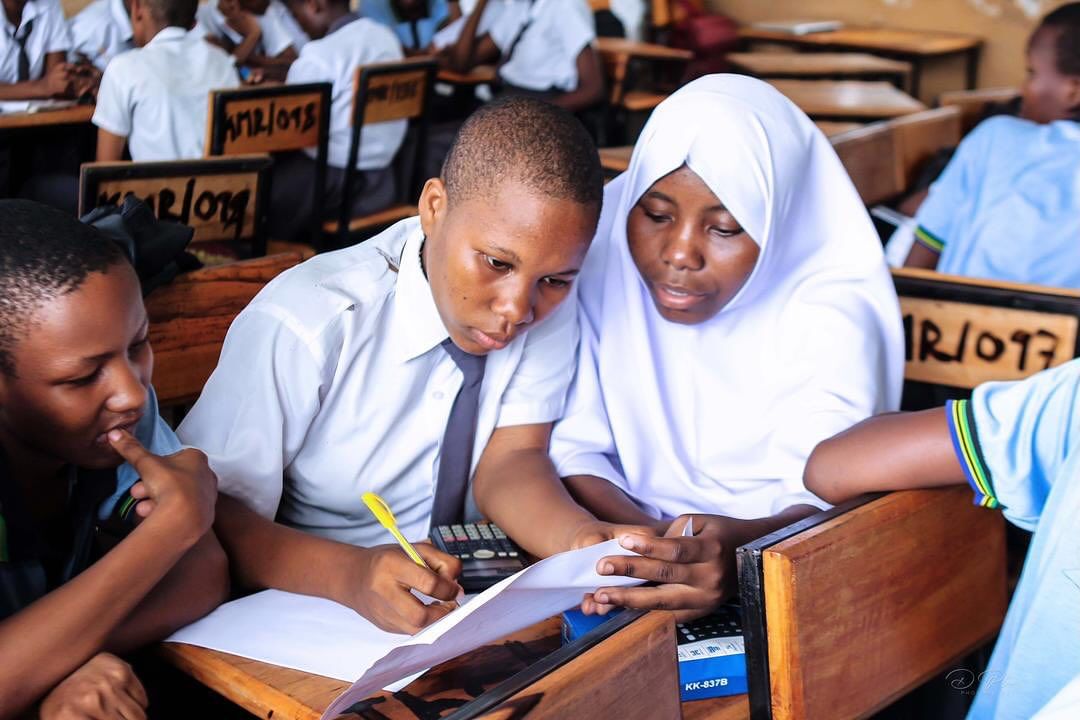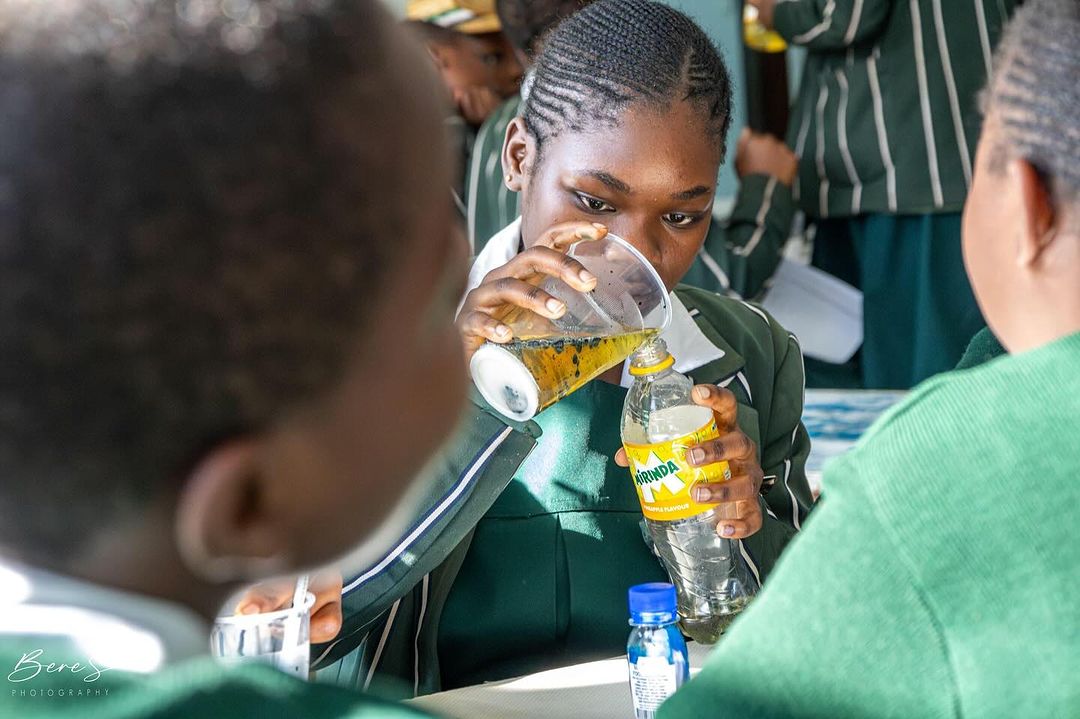
As Alinda Mashiku (MSAAE ’09, PhDAAE ’13) walks the halls of Goddard Space Flight Center outside of Washington, D.C., she reflects on her journey to NASA and a job she describes as a dream come true.
Mashiku, the conjunction assessment risk analysis program manager at Goddard, leads a team of 50 people who are charged with assuring the safety of NASA satellites and of our ability to use space for science — from monitoring Earth’s changing
climate, to orbiting observatories, communications systems and experimental devices that help identify new technologies for space exploration.
In her daily life, she draws inspiration from a quote by American physicist Robert Goddard, known as the father of modern rocket propulsion — “It is difficult to say what is impossible, for the dream of yesterday is the hope of today and the reality of tomorrow.”
As a young girl growing up in Tanzania with a fascination with astronauts and big aspirations for a career in aerospace, some might have thought Mashiku’s dreams were impossible. She attended an all-girls school and was surrounded by fellow high achievers, but opportunities for women in engineering weren’t prevalent in Africa where young women make up only 10% of engineering students.

Searching for a way to spark an interest in STEAM fields among high school girls in Africa, Mashiku partnered with two friends she met at Purdue, Mopelola Akande (PhD ECE ’13) and Oluwaseyi Ogebule (PhD ChemE ’13), to establish the Joule Foundation in 2015.
“At the time, we didn’t know anything about starting a nonprofit foundation,” Mashiku says. “We just wanted to inspire girls to pursue their dreams. We trusted that if we put one step in front of the other, the rest would follow.”
The trio started offering virtual workshops to introduce girls to engineering. The Joule Foundation now offers curricula that pair classroom learning with hands-on activities to foster STEAM education in three African countries — Nigeria, Tanzania and Zimbabwe. Teams of local volunteers facilitate the academic programs.
“We have an amazing group of volunteers,” Mashiku says. “They’ve empowered girls to calculate rover trajectories on the moon or build rockets using locally available resources. Seeing those students express excitement while achieving a project objective is a seed that will keep on growing. It’s been an amazing journey.”
Along the path of her amazing journey, Mashiku and her husband are raising two sons. She affectionately refers to their first son as a “quals baby” because he was born while she was preparing for her PhD qualifying exam. While earning her PhD and tending to a newborn, she also worked as a NASA graduate student research assistant and program fellow.

The couple’s second son was born during the COVID-19 pandemic, at a time when the future of the Joule Foundation was uncertain. After global school closings, Mashiku wasn’t sure the foundation could rebound.
“As soon as the schools reoponed, they were ready for us and asking when we were coming back,” she says. “The foundation has evolved so much. We’re continually learning how to be sustainable, to manage our growth and expand our future capacities and capabilities.”
Mashiku has achieved the life and career her 13-year-old self could only imagine. It hasn’t been without its challenges and she’ll be the first to say that she didn’t accomplish it all on her own. Through a graduate student mentoring program, she was paired with Maria Kuczmarski who worked in the Materials and Structures Division at NASA’s Glenn Research Center in Cleveland, Ohio.
“I met with Maria every month to talk about my dissertation progress and challenges,” Mashiku says. “She gave me insight on how to manage my work and graduate on time. She also advised me on how to secure funding. She helped me stay on track to complete my PhD in three years.”
Mashiku has also received support from friends and colleagues who build each other up. Now, through the Joule Foundation and in her role as a program manager at NASA, Mashiku is empowered to create environments that nurture talents and encourage others to dream of the impossible.
“I believe there is space for everyone to thrive,” she says. “And thriving despite adversity is what makes us stronger.”